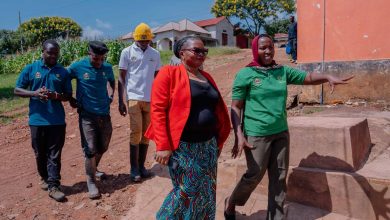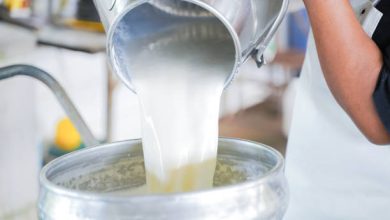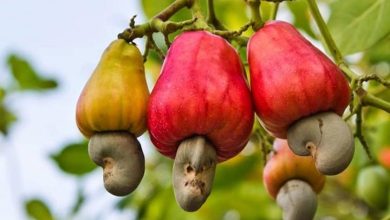Goodwill’s cassava-powered paper plant to boost farmers’ incomes

COAST REGION: GOODWILL Tanzania Company is expanding into paper manufacturing using cassava as a key raw material—a shift analysts say could commercialise the crop on an unprecedented scale and transform rural economies.
The company, which manufactures tiles in Mkuranga District, Coast Region, plans to build a new paper plant that will consume up to 50,000 tonnes of cassava annually.
The 110 million US dollars (297bn/-) investment is expected to create over 1,000 direct jobs, with production slated to begin by April or May next year. Dr Hildebrand Shayo, an economist-cum-investment banker, said the factory holds considerable economic significance by creating industrial demand for cassava.
“This initiative aims to elevate the demand for cassava,” said Dr Shayo.
He said the country has long used cassava mainly for food and livestock feed, unlike countries such as Nigeria that have explored industrial uses. The economist said the plant will extend cassava’s utility beyond food, likely raising farmgate prices and reducing dependence on volatile food markets.
Also, coastal regions including Tanga, Lindi and Mtwara, where cassava is grown, will benefit from new markets, job creation and expanded value chains.
“The proposed expansion is likely to generate employment opportunities across various sectors including cultivation, transport, paper processing and packaging,” said Dr Shayo.
ALSO READ: Understanding CISs: Power of pooling
The processing facilities close to farms can promote rural development and curb urban migration. The move will stimulate demand for inputs such as better seedlings, fertilisers and machinery and allow farmers access to extension services and structured contracts.
“The export of cassava-based paper products has the potential to improve Tanzania’s export revenue, enhance its trade balance and significantly elevate the demand for superior cassava varieties,” said Dr Shayo.
He cautioned against monoculture and called for policies that promote crop rotation and soil health while urged policy support, environmental oversight and fair contract farming models. Dr Isaac Safari, an economics lecturer at Saint Augustine University of Tanzania (SAUT), said the factory may impact food security if industrial demand disrupts the supply chain.
“The move can disrupt the cassava supply chain in the country especially for domestic consumption as food, leading to a rise in its prices,” said Dr Safari.
Founder of Kusini Gateway Industrial Park Limited and partner of Goodwill, Abdul Mohammed, said cassava will be sourced within 10 to 25 kilometres of the plant.
“The industry is really going to reflect the local community. It is going to touch every citizen who is ready to produce cassava,” said Mr Mohammed.
The company may later expand sourcing up to 300,000 tonnes, depending on farmers’ response. He said local producers will be supported with skills, technology and capital. He said the project will also engage financial institutions to support cassava producers.
Goodwill Tanzania’s Public Relations Manager, Sharifa Chen, said the company started in 2015 with 50 million US dollars in capital and has since grown to 80 million US dollars. With the expansion, total investment will reach 190 million US dollars (512bn/-).
“We have started construction of the factory and by April or May next year we will begin production,” said Ms Chen.
She said the company has already employed 1,298 employees, mostly from local universities and secondary schools, with training support from Chinese counterparts.
“We need Tanzanians to be technicians and engineers so as to run the manufacturing plant,” said Ms Chen.
She said the company currently produces 100,000 square metres of tiles per day and serves both local and international markets, including Rwanda, Mozambique, Zambia and South Africa. The expansion will add sanitary ware and daily-use porcelain products.
ALSO READ: How to tap into diaspora remittances for development
Mkiu Village Chairperson, Idd Cheti, said the 7,000 residents—especially youths— should use the project as a job and income opportunity. Executive Officer Hulda Peter said the factory will also boost government revenues.
The cassava-to-paper initiative marks a significant step toward the country’s industrialisation agenda by deepening agroprocessing and creating market certainty for smallholder farmers. If well-executed, analysts say, the project could serve as a model for inclusive growth, where rural agriculture and modern manufacturing converge to unlock sustainable economic transformation.





